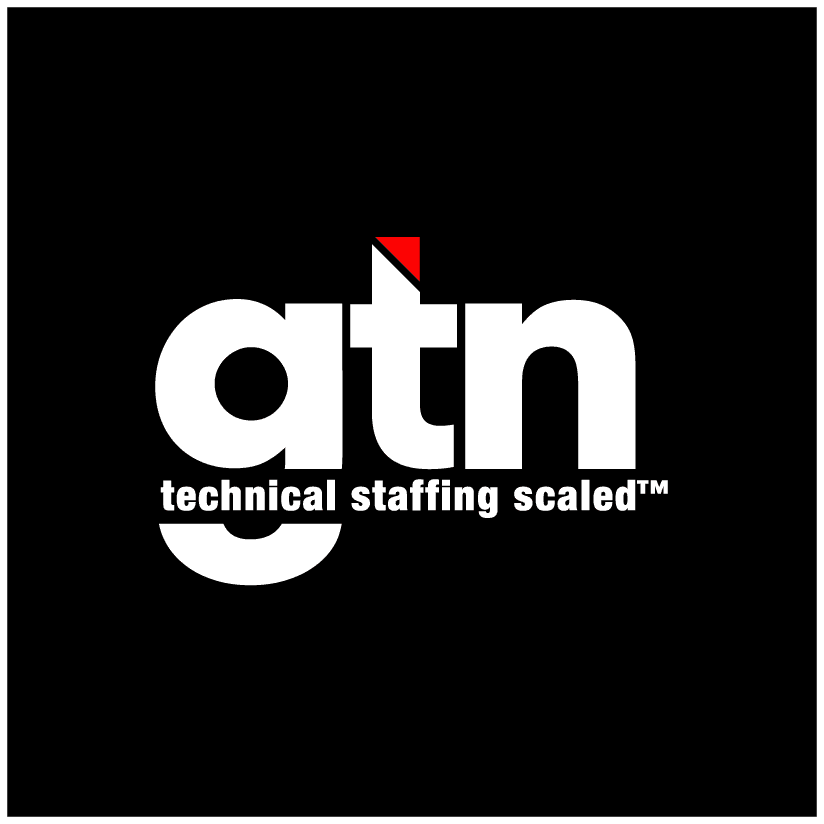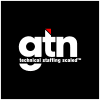The “it’s not my job” syndrome is all too familiar in the workplace and can be a detrimental mindset for employees and employers. In this article, we’ll explore why you need to remove this phrase from your vocabulary and how to cultivate a more proactive, solution-oriented approach to your work.
Understand the Consequences of the “It’s Not My Job” Mindset
The it’s not my job attitude can have far-reaching consequences. When employees adopt this mindset, it can lead to a breakdown in teamwork, a lack of accountability, and a general sense of apathy within the organization. Tasks fall through the cracks, problems go unresolved, and morale plummets.
Moreover, this mindset can also impact your own career growth and advancement opportunities. Employers value individuals who are willing to go the extra mile, take initiative, and contribute to the greater good of the organization. By constantly deferring tasks and responsibilities, you may be perceived as disengaged, unambitious, or unwilling to take on challenges.
Recognize the Opportunity in Every Task
Instead of viewing tasks as “not my job,” try to reframe your perspective. Every responsibility, no matter how small or seemingly unrelated to your core duties, presents an opportunity for you to demonstrate your value, expand your skill set, and build stronger relationships with your colleagues.
When a task falls outside your job description, could you resist the urge to pass it off? Instead, approach it with a positive attitude and a willingness to learn. You never know the hidden benefits of taking on that extra project or lending a hand to a teammate. It could lead to valuable cross-training, a chance to showcase your versatility or even a promotion down the line.
Cultivate a Proactive Mindset
Adopting a proactive mindset is key to overcoming the “it’s not my job” syndrome. Rather than waiting for instructions or relying on others to solve problems, take the initiative to identify areas where you can contribute. Be on the lookout for ways to streamline processes, improve efficiency, or enhance the overall customer experience.
When you approach your work with a proactive mindset, you’ll not only make a positive impact on your organization but also position yourself as a valuable, indispensable team member. Employers are drawn to individuals who are self-motivated, solution-oriented, and willing to go above and beyond their job descriptions.
Embrace the Opportunity to Learn and Grow
Every task, no matter how mundane or unrelated to your current role, presents an opportunity for personal and professional growth. Approach each new challenge as a chance to expand your skill set, gain new knowledge, and demonstrate your adaptability.
Remember, the more diverse your skill set, the more valuable you become to your employer. By embracing a learning mindset and actively seeking opportunities to stretch your capabilities, you’ll position yourself as a well-rounded, highly marketable professional.
Develop a Collaborative Mindset
The “it’s not my job” mindset often stems from a siloed, individualistic approach to work. Instead, cultivate a collaborative mindset that emphasizes teamwork, communication, and a shared sense of purpose.
When you view your colleagues as partners rather than competitors, you’re more likely to offer assistance, share knowledge, and work together to achieve common goals. This collaborative spirit fosters a more positive work environment and enhances your reputation as a team player and problem-solver.
Communicate Effectively and Seek Clarity
In some cases, the “it’s not my job” mindset may arise from a lack of clarity around roles, responsibilities, and expectations. If you’re unsure about the scope of your duties or feel that a task falls outside your purview, don’t hesitate to communicate with your manager or team.
Seek clarification on your job description, ask for guidance on how to prioritize your workload, and be proactive in addressing any ambiguity. By maintaining open and transparent communication, you can ensure that everyone is on the same page and work together to find the most efficient and effective solutions.
Celebrate Small Wins and Acknowledge Contributions
When you adopt a proactive, solutions-oriented approach, it’s important to celebrate your small wins and acknowledge the contributions of your colleagues. This positive reinforcement not only boosts morale but also encourages a culture of continuous improvement and mutual support.
Take the time to recognize your own accomplishments, no matter how minor they may seem. Likewise, be generous in praising your team members when they go the extra mile or take on tasks outside their comfort zone. By fostering a culture of appreciation, you’ll inspire others to follow your lead and cultivate a more collaborative, productive work environment.
Align Your Actions with Your Personal and Professional Goals
Ultimately, the decision to ditch the “it’s not my job” mindset should be driven by a clear understanding of your personal and professional goals. Ask yourself: What do I hope to achieve in my career? How can I position myself as an indispensable asset to my employer?
By aligning your actions with your long-term aspirations, you’ll be more motivated to take on challenges, expand your skillset, and demonstrate your value to the organization. Remember, every task you complete, every problem you solve, and every teammate you assist brings you one step closer to achieving your technical career objectives.
 Seek Mentorship and Guidance
Seek Mentorship and Guidance
If you’re struggling to break free from the “it’s not my job” mindset, consider seeking out mentorship and guidance from more experienced professionals. Look for individuals within your organization or industry who have successfully cultivated a proactive, solutions-oriented approach to their work.
Reach out to these mentors, ask for advice, and be open to their feedback and insights. They may be able to provide you with valuable strategies for overcoming your own mental barriers, developing a growth mindset, and positioning yourself for long-term success.
Celebrate Your Successes and Reflect on Your Progress
As you work to ditch the “it’s not my job” mindset, be sure to celebrate your successes, no matter how small. Take the time to reflect on the progress you’ve made, the new skills you’ve acquired, and the positive impact you’ve had on your team and organization.
This self-reflection will not only boost your confidence but also reinforce the importance of your proactive, solutions-oriented approach. Use these successes as motivation to continue pushing yourself, taking on new challenges, and contributing to the greater good of your workplace.
Embrace a Lifelong Learning Mindset
Finally, remember that the journey to overcoming the “it’s not my job” mindset is an ongoing process. The most successful professionals are those who embrace a lifelong learning mindset, constantly seeking out new opportunities to expand their knowledge and capabilities.
Stay curious, be open to feedback, and never stop challenging yourself. By continuously investing in your own growth and development, you’ll position yourself as an invaluable asset to your employer and set yourself up for long-term career success.
Conclusion
Ditching the “it’s not my job” mindset is a critical step in taking control of your career and positioning yourself as a valuable, indispensable team member. By cultivating a proactive, solutions-oriented approach, you’ll enhance your job satisfaction and career prospects and contribute to your organization’s overall success.
Remember, every task, every challenge, and every opportunity to lend a helping hand is a chance to demonstrate your value, expand your skillset, and build stronger relationships with your colleagues. Embrace this mindset shift, and watch as your career trajectory soars to new heights.







